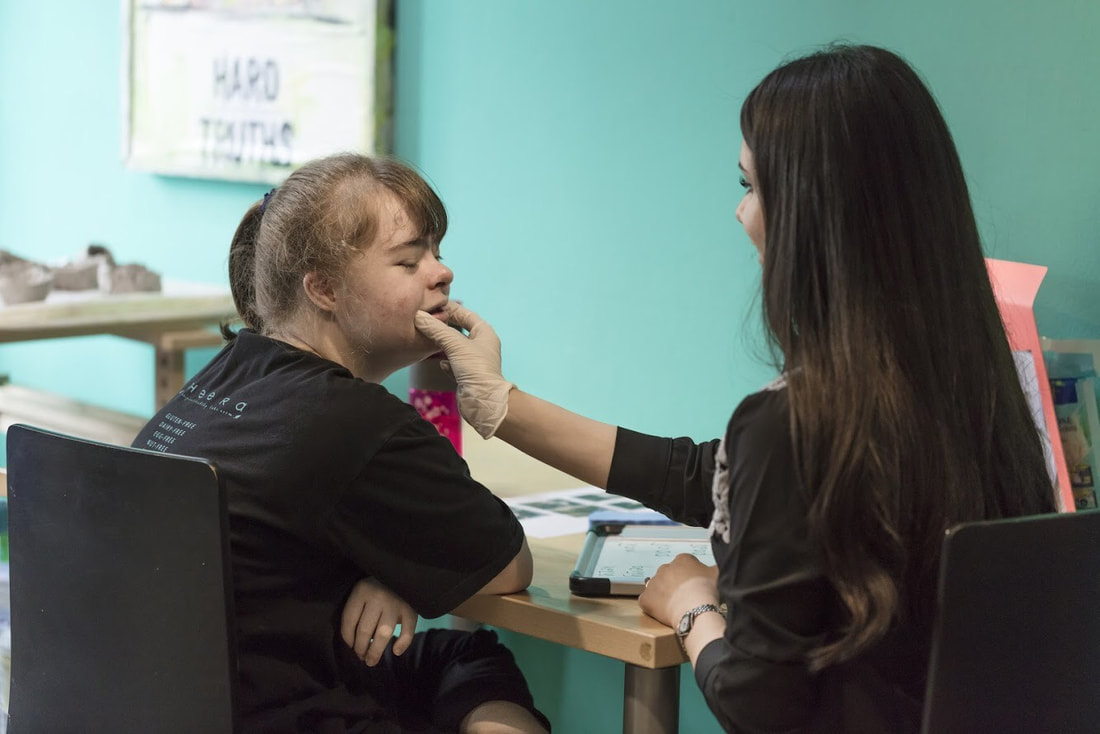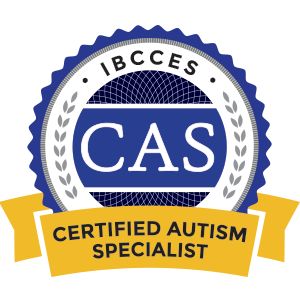|
One night, a fifteen-year-old boy stole a car. He drove away at high speed and wasn’t wearing a seatbelt. Suddenly, he lost control of the steering wheel and crashed into a tree. ‘Tom’ (whose real name has been changed to keep his identity confidential) acquired a traumatic brain injury, commonly referred to as TBI. He experienced a lot of changes after that night. Tom thought the changes would go away. But they didn’t. Tom was the first child I ever worked with who had TBI. He inspired this post.
What causes Traumatic Brain Injury (TBI)? TBI is caused by sudden damage to the brain by an external object. This may occur from impact during a car accident collision, sport injury, violence (such as a blow to the head or gunshot) or fall. Falls are the most common cause of TBI, particularly in young children and older adults [1]. Who is at risk for TBI? There are three age groups who are most at risk: 1. Children up to the age of 4. 2. Individuals (mostly males) aged between 15-24. This is because young males are more likely to engage in high-risk work or behaviour. 3. Adults above the age of 70. What are the problems associated with TBI? TBI can be easy to miss when first meeting someone. This is because individuals with TBI look just like you and I. However, 80-100% of individuals with TBI experience some form of communication impairment, mainly cognitive-communication disorder [2] which impacts the way they think and interact with others. The problems associated with TBI include [1]:
What are the long-term consequences of TBI? Scientific research has shown that individuals with TBI are likely to experience difficulty in several areas of their life. These areas include overall independence, employment, academic, maintaining relationships, and social integration [3]. What can be done to prevent TBI? Here are some steps which can help: 1. Always wear a seatbelt in a car. 2. Wear a helmet when riding a bicycle or a motorbike. 3. Ensure rugs inside your home are secure to prevent slipping. 4. Clear stairways of objects which may cause tripping. 5. Install stair gates at home. How can a speech therapist help an individual with TBI? 1. Assessment [4] A speech therapist will first assess a person’s orientation (their awareness of who they are, where they are and what date it is) and their cognitive-communication skills. Once these have been determined, the speech therapist will form a treatment plan. The goals of this plan will depend on each person’s needs, with the focus of increasing their independence in daily life. 2. Treatment Early Stages [4] In the early stages of a person’s recovery, for instance, during coma, a speech therapist will work on obtaining a response from the person to sensory stimulation. As the person becomes more aware, the speech therapist will focus on improving their orientation and gaining their attention for basic tasks. Later Stages Once a person has regained their orientation and awareness, the speech therapist will work with them to improve their cognitive-communication skills using scientifically proven methods . In many teenage and adult cases (unless in the case of severe intellectual impairment or severe receptive aphasia), the individual can be involved in selecting what areas they want to prioritise in therapy. Now, let’s revisit the story of Tom. Initially, Tom was very reluctant to participate in therapy. However, by being involved in his own goal-setting, Tom realised the relevance of therapy. Eventually, Tom chose to work on these three areas in therapy:
Finally, there are several negative impacts of the cognitive-communication disorders experienced by individuals with TBI. Speech therapy can greatly improve the areas where an individual with TBI is experiencing difficulty through the use of scientifically proven methods. In my opinion, it is important to involve the individual in the goal-setting process whenever possible. Speak soon, The Expat Speechie References Acknowledgement and thanks to the following sources whereby some of the above information was obtained: [1] www.mayoclinic.org/diseases-conditions/traumatic-brain-injury [2] Freund , J. , Hayter , C. , MacDonald , S. , Neary , M. , & WisemanHakes , C. (1994). Cognitive-communication disorders following traumatic brain Injury: A practical guide. Tucson, AZ: Communication Skill Builders . [3] MacDonald , S. , & Wiseman-Hakes , C. (2010) . Knowledge translation in ABI rehabilitation: A model for consolidating and applying the evidence for cognitive-communication interventions . Brain Injury, 24, 486 – 508 . [4] http://www.asha.org/public/speech/disorders/TBI/ Comments are closed.
|
Welcome to my blog!
|







